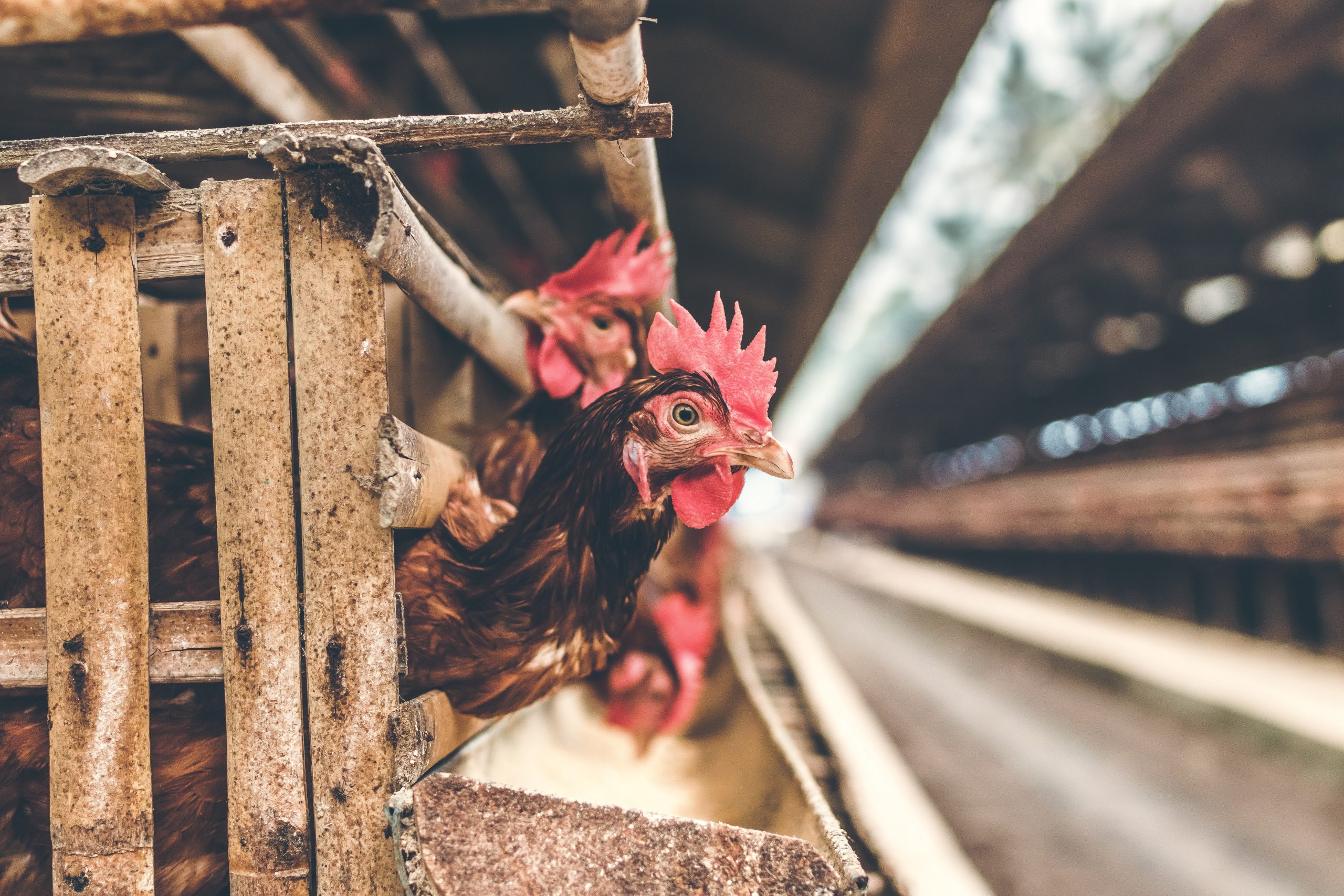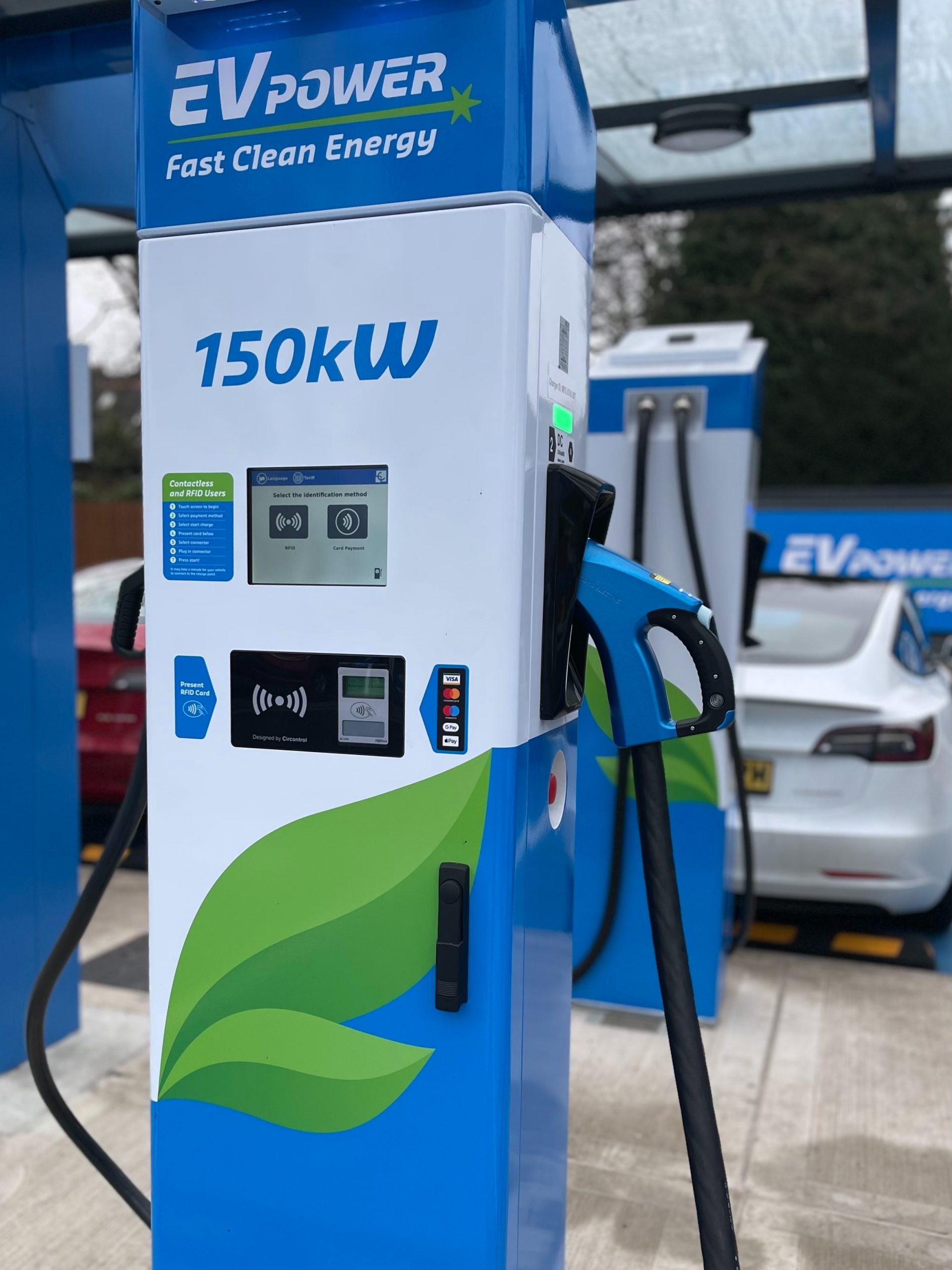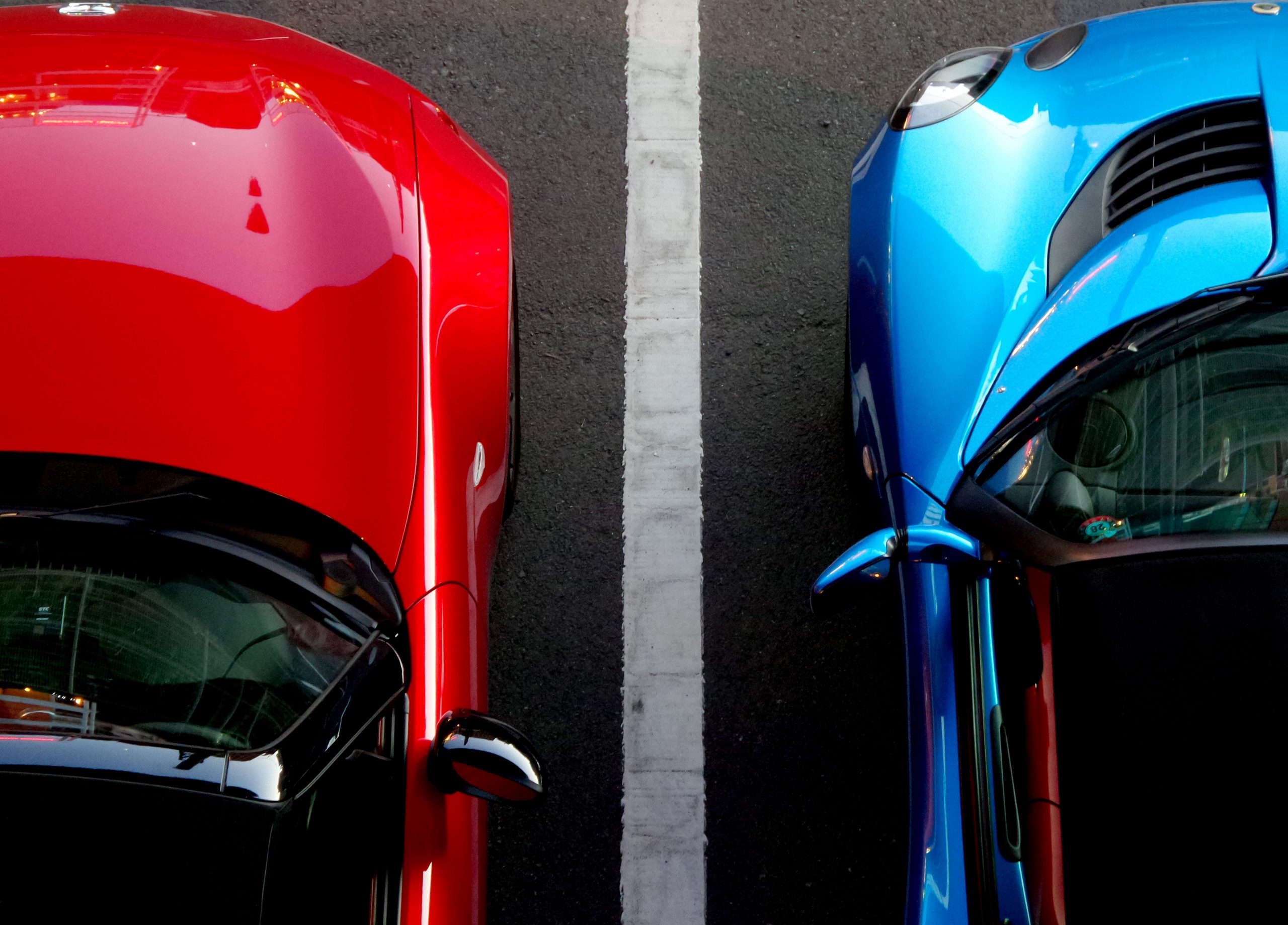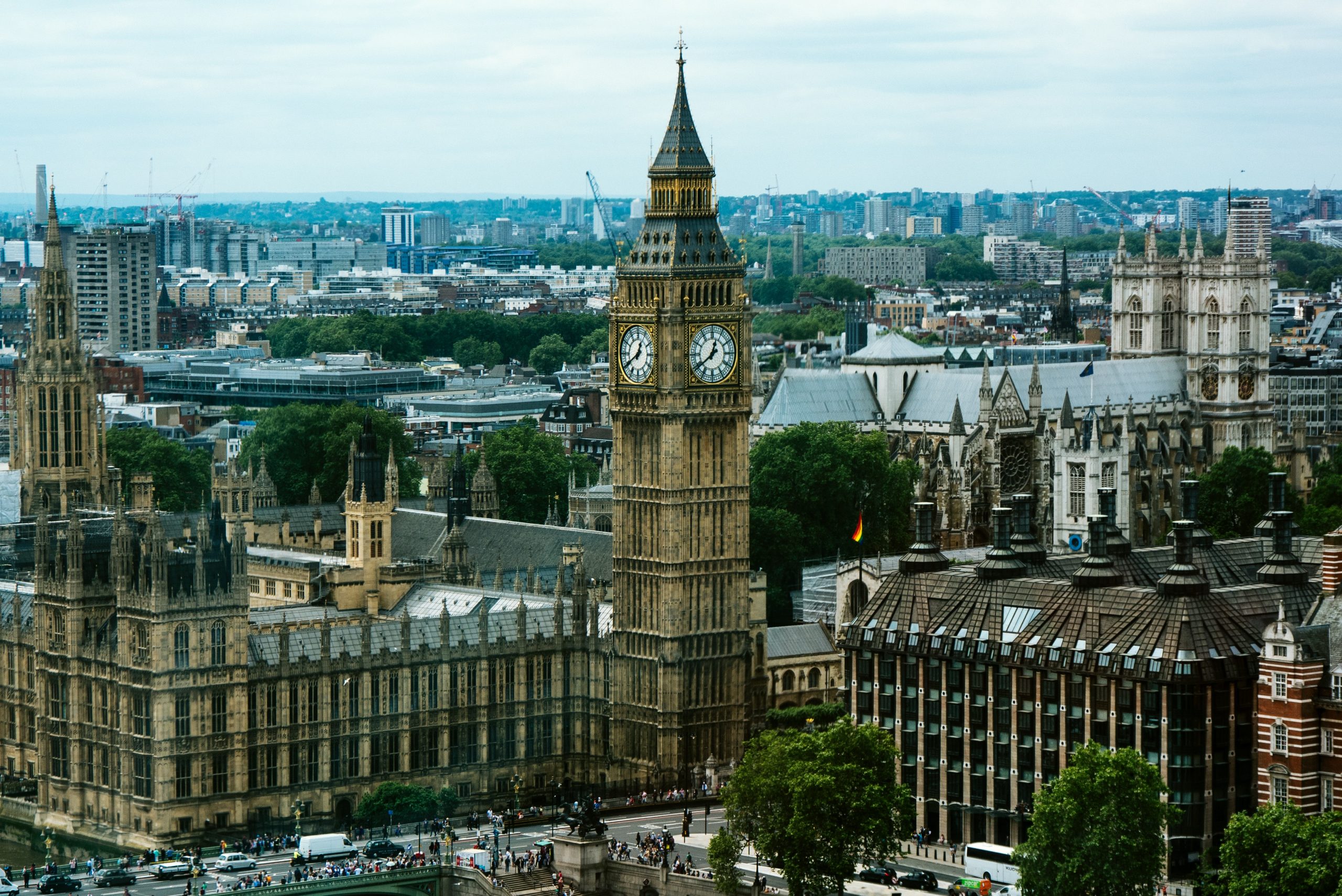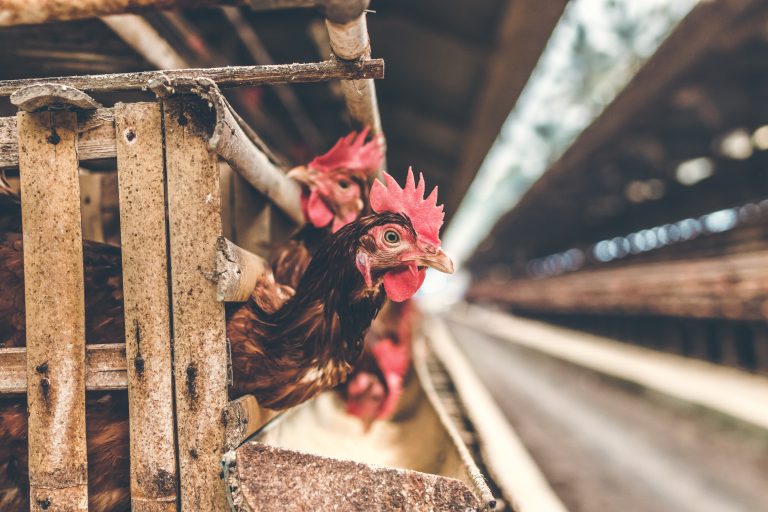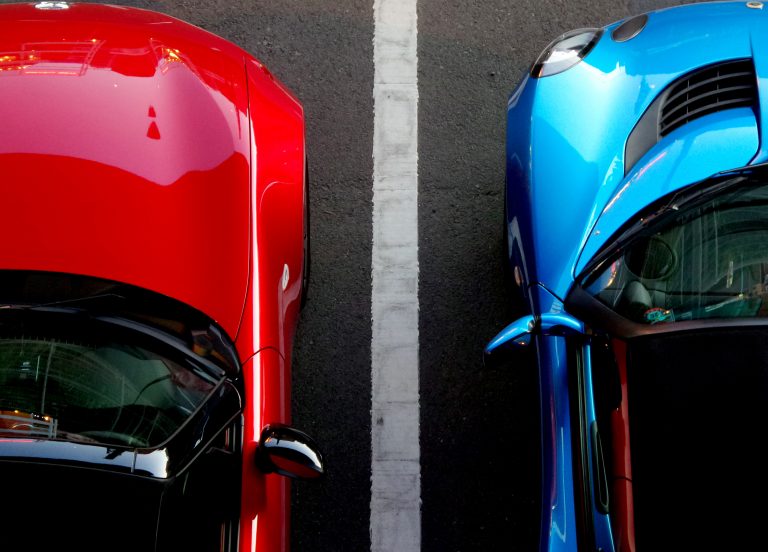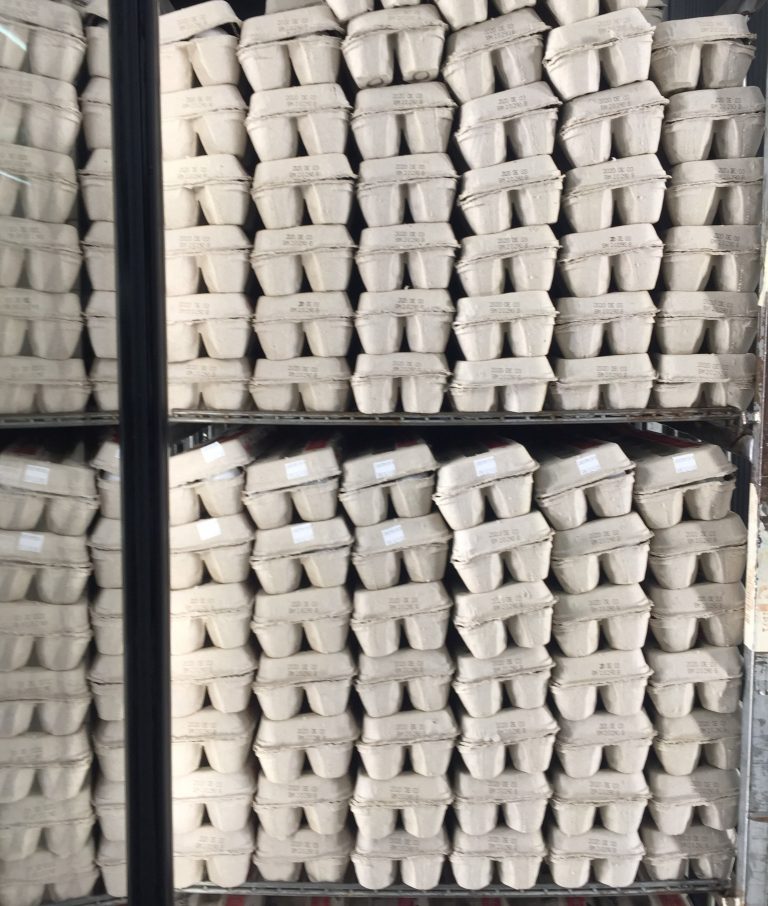How Budweiser Could Benefit From ‘Zero’ Sales at the World Cup
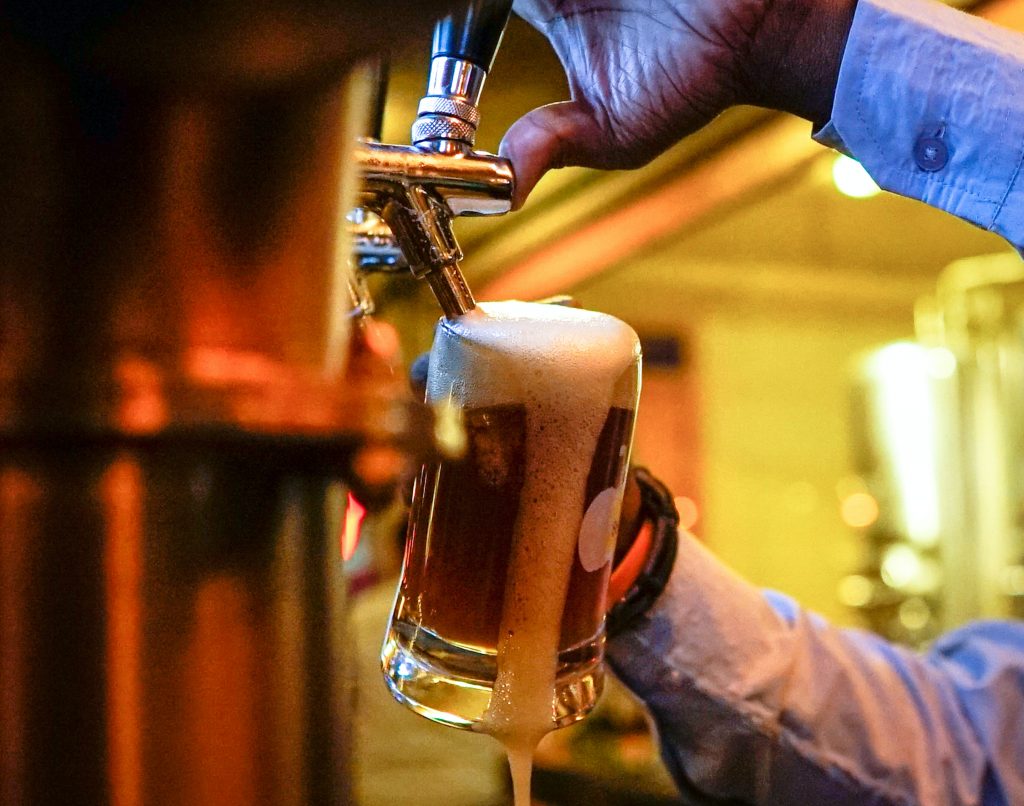
As soccer fans gather in Qatar for the 2022 FIFA World Cup, one thing will be missing from the celebrations – beer. Typically, beer consumption and soccer go hand-in-hand with stadiums around the world selling beer to fans as they watch their favorite teams take the field. In Qatar though, drinking alcohol in public is strictly limited. So, you might be forgiven if you wonder why AB InBev, the American-Belgian owner of Budweiser, chose to invest in a major sponsorship role for the 2022 World Cup. The answer to that question is that the company has an ongoing relationship with FIFA, and more importantly in this case, Qatar had initially agreed to allow beer consumption in designated locations prior to the start of games. So, while fans wouldn’t be permitted to drink beer in the stands, it would be available in the vicinity of the stadiums, offering Budweiser the opportunity to promote and sell its product. Then, just two days before the start of the tournament, Qatar changed its position, issuing a statement saying that alcoholic beverages would be banned.
The announcement was met with surprise from fans, some of whom suggested that their experience wouldn’t be the same without beer. For Budweiser though, the announcement was, according to a company Tweet that was later deleted, awkward. The company had already exported vast quantities of beer to Qatar and created a marketing campaign to promote the company throughout the games. With demand in Qatar for its alcoholic product suddenly reduced to zero, the company needed a new strategy, one that went beyond selling its Bud Zero non-alcoholic beverage. Budweiser’s answer? A winner takes all promotion whereby the winning team will take home the beer that had been intended for consumption during the World Cup games. The new promotion elicited further publicity as news outlets reported on it and Twitter attracted quips including those suggesting that there was now a reason to lose, an apparent commentary on the quality of the beer. While it remains to be seen whether the winning country accepts the offer of a huge quantity of Budweiser, it is clear that the entire situation has been played out on the news and on social media, a level of publicity that surely hadn’t been anticipated prior to the games.
Discussion Questions:
- What is the economic value of publicity? Do you think Budweiser will ultimately benefit more from its original marketing campaign or from the wide-spread publicity of its predicament when Qatar cancelled planned beer sales?
- Discuss the notion of sunk costs as it relates to Budweiser in this situation. Huge quantities of beer that had been shipped to Qatar, now unable to be sold, will be donated to the winning nation. How is Budweiser capitalizing on what could have been a very disappointing sponsorship?
- Reflect on the role of Qatar’s government. While, following cultural tradition, the consumption of alcoholic beverages is prohibited at public events in Qatar, apparently the promotion of alcoholic beverages is not. What do you make of this disconnect? How do you think that Qatar’s last minute change of will affect future business dealings?
Sources| CNN: We now know what Budweiser will do with the beer it can’t sell at the World Cup; The Guardian: Budweiser to give beer it can’t sell at World Cup to eventual winners; NY Times: England Had a Game, but First Its Fans Had a Quest. For Beer; CBS Sports: World Cup 2022: Budweiser will send winning country unsold beer from tournament following Qatar’s alcohol ban; Unsplash: Beer photo

